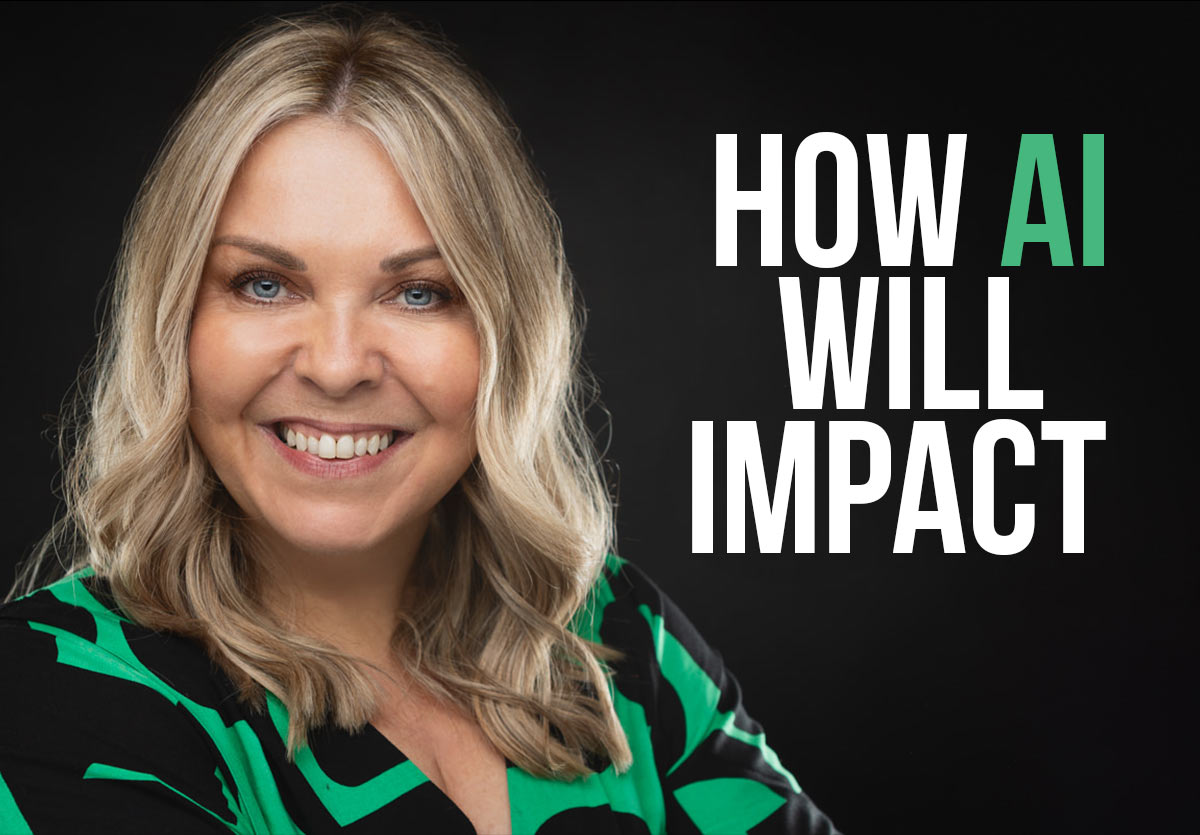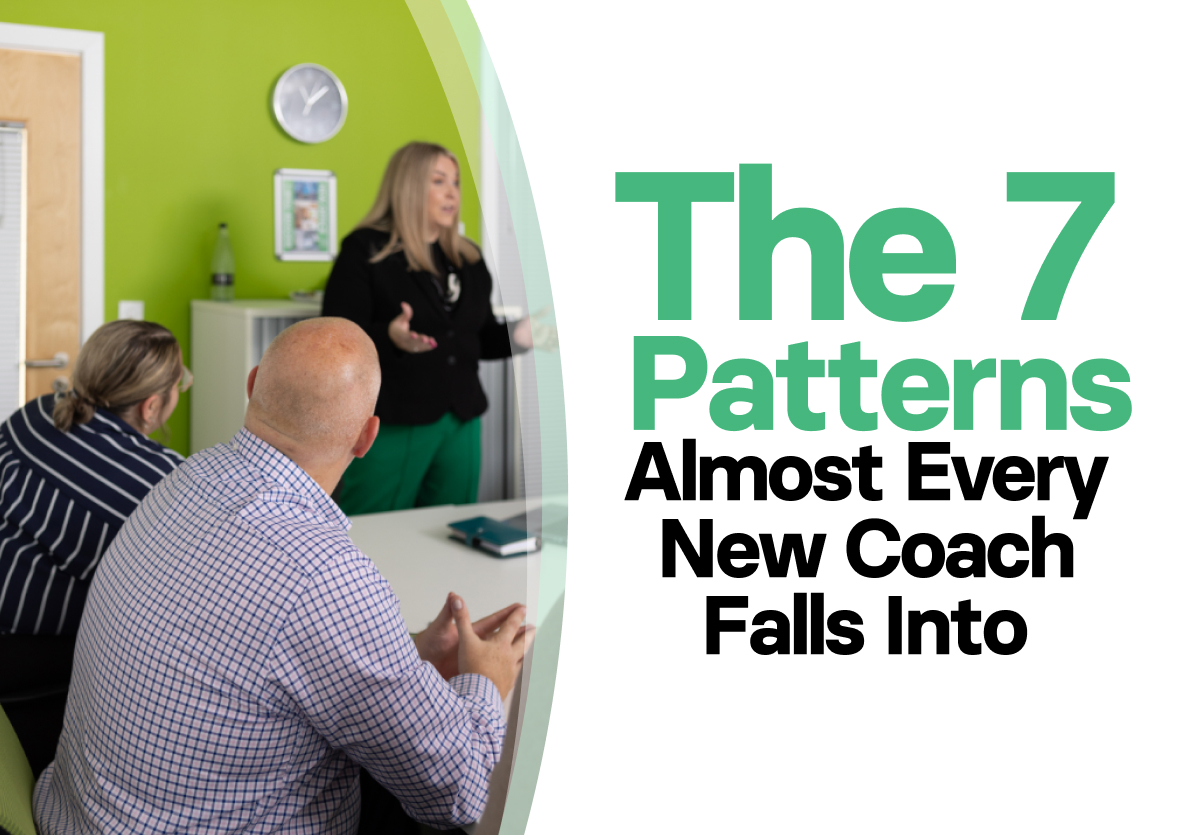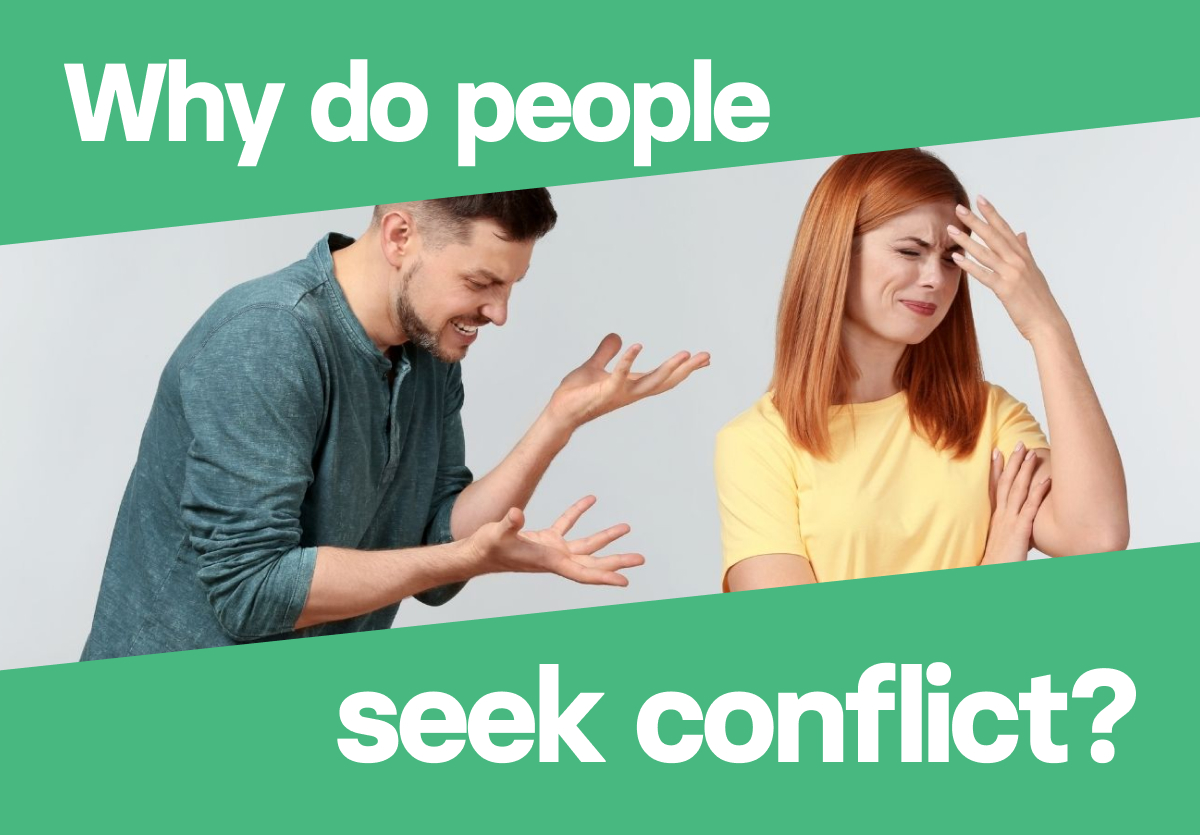When I started as a full time coach 5-years ago Brene Brown seemed to be the only one talking about authenticity. Since then the pursuit of authenticity has gained significant traction in many spheres of life.
I’ve made a living from helping executives find the real version of themselves, and seeing the uplift on potential this brings.
Organisations have embraced authenticity as a buzzword recognising the value of genuine self-expression and the importance of fostering an authentic culture.
During the development phase of the Paseda360 coaching method, the team and I dedicated ourselves to understanding the dynamics of authenticity and the ways in which people often conceal their true selves.
However, as we find ourselves entering the AI era, I see a paradox emerging.
While we may desire authenticity, AI threatens to blur the lines between what is real and what is fake.
I see authenticity taking on a whole new meaning and we’ll need to know how we can navigate this evolving landscape.
Paseda360’s Pretender Model is rooted in the understanding that individuals often mask their authentic selves due to various societal pressures, beliefs and conditioning.
It recognises that we have multiple identities and adapt our behavior depending on the context, which can sometimes lead to a disconnection from our genuine values and aspirations. By exploring these layers of identity and empowering individuals to align with their true selves, we aim to foster personal growth and fulfilment.
The Authenticity Dilemma in the Age of AI:
As AI continues to advance, we find ourselves at a critical juncture where the line between authenticity and artifice becomes increasingly blurred.
AI-driven technologies are capable of creating realistic personas, mimicking human emotions, and even generating convincing content.
At a conference on Sunday, we saw the conference host projected on screen as an AI generated avatar, with his voice, and a even his eyebrow lift and expressions. But he hadn’t been there when the video was recorded, nor did he record the voiceover.
The potential implications for our society, relationships, and sense of self are profound. We now face the unsettling prospect of not being able to distinguish between what is real and what is fake, raising the question: How do we preserve and embrace authenticity in a world where AI can seamlessly imitate it?
The way I see it, we have no choice but to embrace it.
In this era of AI proliferation, trust becomes more crucial than ever. We will need to cultivate a foundation of trust, not only in others but also in ourselves. Authenticity will evolve from being merely an expression of our true selves to an act of even greater vulnerability and a choice to trust.
We must acknowledge that there will be instances when we cannot discern between genuine human interaction and AI simulation. To overcome this challenge, we must learn to trust first, engage openly, and rely on our intuition to assess authenticity.
Strategies for Navigating the Authenticity Shift:
1. Cultivate Self-Awareness: Embracing authenticity starts with deep self-reflection and understanding. By developing a strong sense of self, we become better equipped to identify when something feels incongruent or artificial.
2. Foster Authentic Connections: Nurture relationships built on trust, empathy, and genuine human interaction. Encourage open dialogue and create spaces where individuals can express themselves authentically without fear of judgment.
3. Embrace Ethical AI Practices: As AI becomes more prevalent, we must advocate for ethical guidelines and transparency. Responsible AI development and usage should prioritise preserving human authenticity and avoiding manipulative practices that erode trust.
4. Keep our Pretender at bay. AI will drive efficiency, effectiveness and pace, as well as a constant landscape of uncertainty. This which will bring out the pretender’s need to compete to stay relevant which has the potential to dial up the perfectionist, people pleasing and persecution traits. In doing so it will stifle the authentic self even further. Holding ourselves to account and keeping the pretender off its stage will be key.
????You can figure out how you pretend by taking our FREE test.







